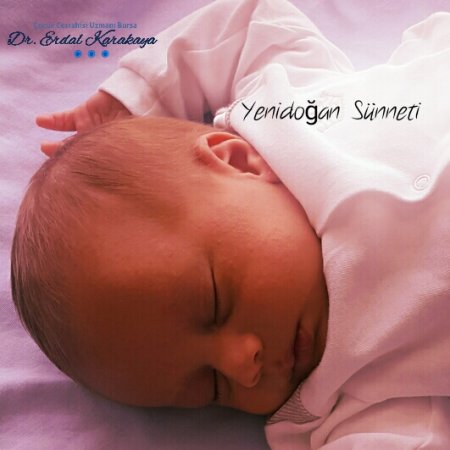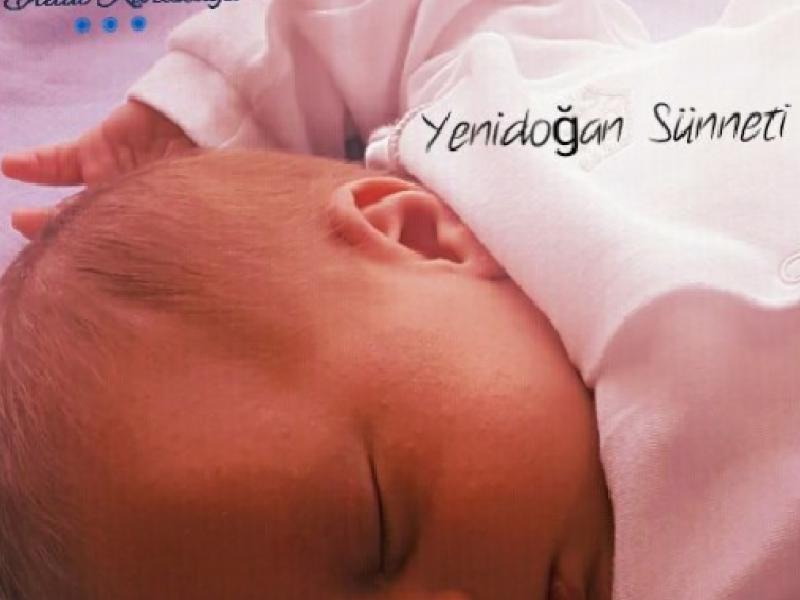
Circumcision performed in the first 28 days following birth is called newborn circumcision. It has become a frequent practice in some societies in the world as a requirement of religious beliefs, and in some societies to protect babies from urinary tract and penile infections. Again, in many Muslim societies in our country, it is done frequently for medical reasons, religious reasons and practicality.
Who Should Perform the Circumcision of the Newborn Baby?
When circumcision or any surgical intervention will be performed on a newborn baby, it should be performed by a pediatric surgeon who knows the physiology of the newborn baby, its anatomy, the response it can give to the surgical trauma in the baby, and is trained to correct the situation in any problem that may arise in this regard. In summary, circumcision of a newborn baby should be performed by a pediatric surgeon.
How is Newborn Circumcision Performed?
Circumcision can be performed with both general anesthesia and local anesthesia. Local anesthesia is mostly preferred in newborn circumcisions. Like all circumcisions, newborn circumcisions should be performed with sterile instruments in appropriate operating room conditions. It is ideal to be sutured with a surgical procedure that takes approximately 12-20 minutes. The sutures used here do not need to be removed later and will disappear on their own. What are the Advantages of Circumcision in the Newborn
Period?
Circumcision in the neonatal period is preferred because it has advantages rather than medical reasons. Usually, it can be performed with local anesthesia without the need for general anesthesia. The recovery period after newborn circumcisions is faster.
The risk of infection is low. The risk of bleeding is low. Urinary tract infections are less common in circumcised children. Psychological trauma does not occur in circumcisions performed in the neonatal period.
In Which Situations Cannot Circumcise a Newborn Baby?
Neonatal circumcision may not be performed for all babies due to medical scientific reasons. If the baby has additional systemic disease, Premature and low birth weight babies, If the general health condition is poor, If there are anomalies of the penis, If the values related to jaundice are very high
How should the care after circumcision be?
After neonatal circumcision care is more effortless and repetitive dressings are usually not required. No stitches are taken. The wound heals faster than babies in the following months. Since the baby’s movements will be relatively weak, it will be easier to protect.
You can tie your baby’s diaper after circumcision. Again, you can give your baby a bath only 2 days after circumcision. Your doctor will give you detailed information about personalized care.

